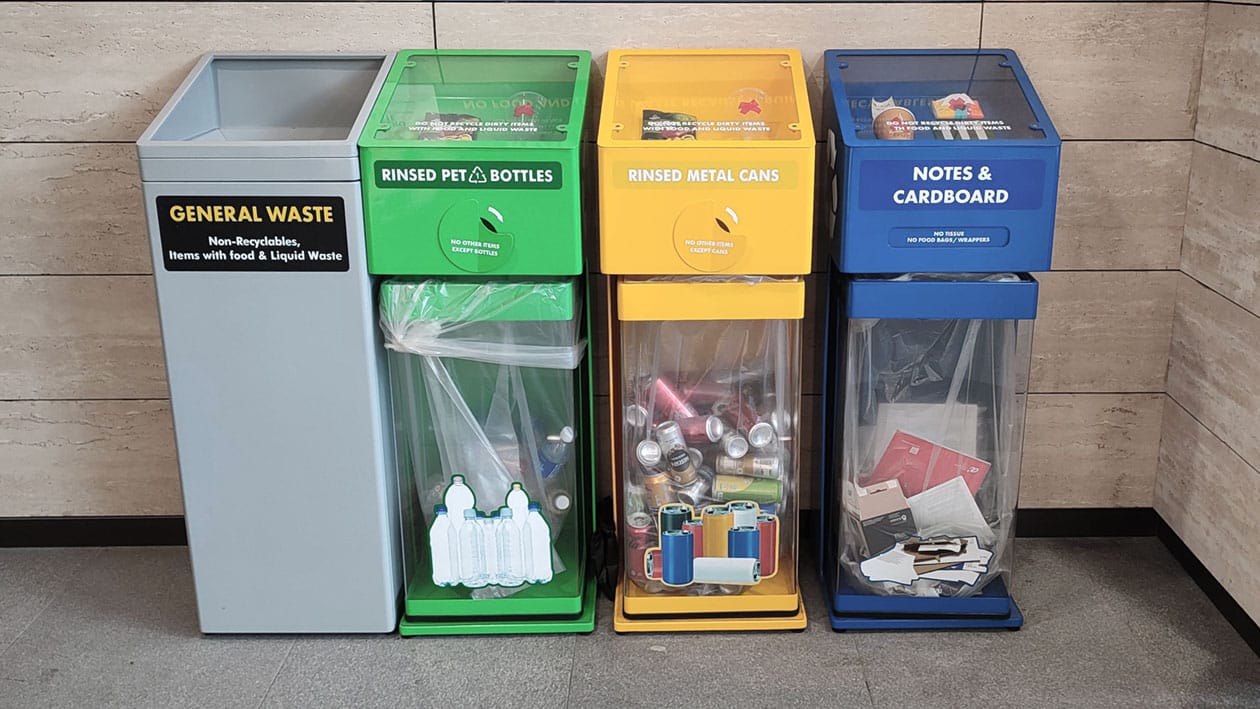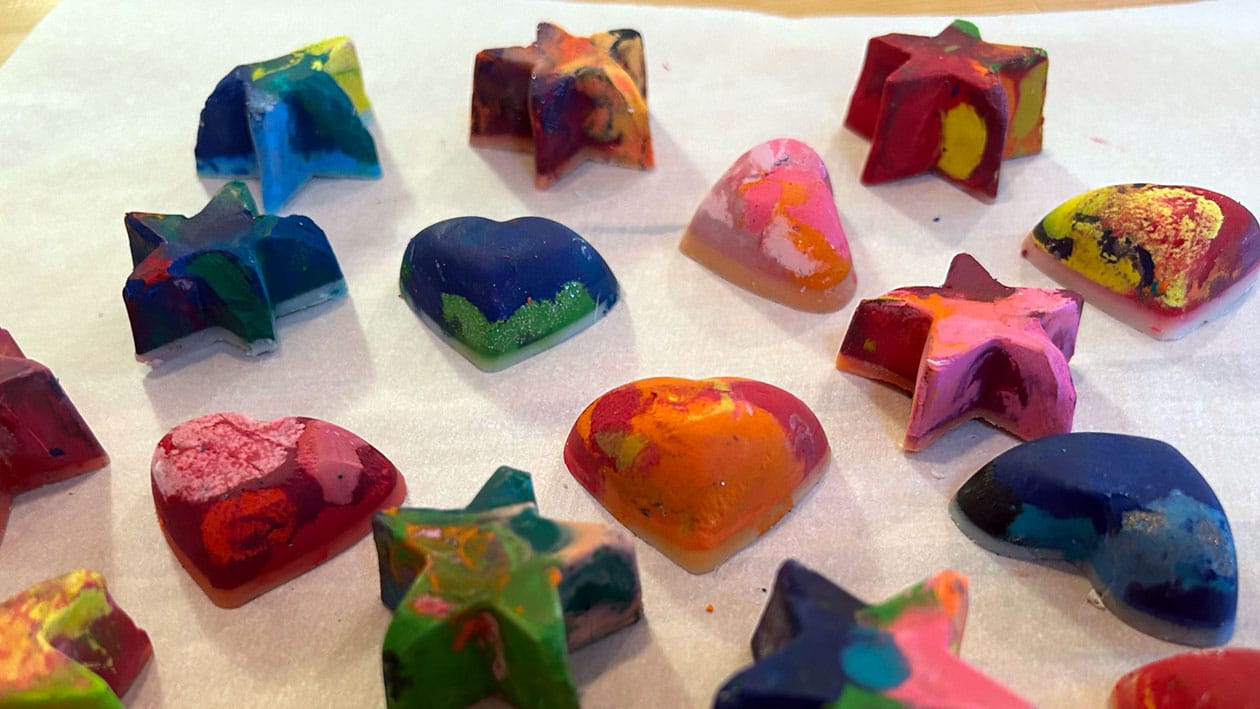Reduce, Reuse, Recycle Activities

Want to make a real difference for the planet? You can, starting today! It’s easier than you think to reduce your environmental impact with simple changes at home, work, or school. Let’s explore practical activities to embrace the power of the three Rs: reduce, reuse, and recycle.
Reduce: Less is More
Reducing consumption is the most effective way to minimise waste and conserve resources. Dive into these activities:
Host a “Ditch the Disposable” Challenge
- Gather your team: Invite friends, family, or colleagues to participate in a week-long challenge.
- Set the rules: Decide together which single-use items to avoid, such as plastic water bottles, straws, cutlery, and food packaging.
- Embrace reusables: Encourage everyone to swap disposables with reusable alternatives like water bottles, coffee cups, shopping bags, and food containers.
- Track your success: Keep track of who uses the fewest disposables throughout the week and celebrate your collective effort to reduce waste.
Master the Meal Prep
- Plan your menu: Spend some time each week brainstorming meal ideas. Browse recipe websites or cookbooks for inspiration.
- Write a shopping list: Create a detailed shopping list based on your meal plan to avoid impulse purchases and ensure you have all the ingredients you need.
- Embrace leftovers: Instead of tossing leftovers, get creative! Repurpose them into new meals like soups, stir-fries, or salads. Freeze portions for later use.
Shop Smart, Shop Durable
- Think long-term: Before buying something new, consider its expected lifespan. Will it last for years, or will it need replacing quickly?
- Choose quality over quantity: Invest in well-made, durable items over cheap, disposable alternatives, even if they cost a bit more upfront.
- Embrace timeless style: Opt for classic designs in clothing and furniture that won’t go out of style quickly, reducing the urge to replace them frequently.
Go Digital & Declutter Your Mailbox
- Opt for e-statements: Switch to electronic bills, bank statements, and online subscriptions to reduce paper waste.
- Unsubscribe from junk mail: Reduce unwanted mail by unsubscribing from catalogues and promotional emails you no longer wish to receive.
- Use digital notes: Embrace digital note-taking apps or online documents instead of relying on paper notebooks.
You can also look at various other ways to reduce waste. We’ve even got some examples on how to reduce garden waste if you are looking for inspiration.

Reuse: Give Items a Second Life
Before discarding items, explore these activities to give them a new purpose:
Transform Containers into Creative Treasures
- Clean and save: Wash and save glass jars, plastic containers, tin cans, and cardboard boxes.
- Decorate and repurpose: Get creative! Decorate containers with paint, fabric, or decorative paper. Use them to store leftovers, organise pantry staples, hold craft supplies, or as unique planters for herbs or small plants.
Organise a Clothing Swap or Garage Sale
- Gather your items: Go through your closets and collect clothes, shoes, accessories, books, and household items in good condition that you no longer use.
- Spread the word: Invite friends, family, or neighbours to participate in a clothing swap party. Set up a designated area for swapping items.
- Host a sale: Alternatively, organise a garage sale to sell unwanted items at affordable prices, giving them a new life.
Become a Repair Hero
- Learn basic repair skills: Watch online tutorials or attend workshops to learn how to mend clothes, fix broken appliances, or tighten loose screws on furniture.
- Gather tools: Equip yourself with a basic toolkit that includes screwdrivers, a hammer, pliers, and glue.
- Give it a go: Don’t be afraid to try repairing things yourself. You’ll save money, reduce waste, and gain valuable skills.
Unleash Your Inner Upcycling Artist
- Gather materials: Collect old t-shirts, worn-out jeans, cardboard boxes, glass jars, and other materials destined for the recycling bin.
- Explore upcycling ideas: Search online for inspiration – there are endless possibilities for transforming old items into new and useful creations.
- Get crafty: Turn old t-shirts into reusable shopping bags, create stylish tote bags from old jeans, repurpose old picture frames into jewellery holders, or transform used wine bottles into decorative vases.

Recycle: Close the Loop
Recycling transforms waste into valuable resources. Become a recycling pro with these activities:
Become a Recycling Rule Expert
- Check your local guidelines: Visit your local council’s website or contact them directly to obtain specific information on recycling rules in your area.
- Learn about accepted materials: Familiarise yourself with the types of materials accepted for recycling, including plastics (check the numbers!), glass, paper, cardboard, and metals.
- Understand sorting procedures: Pay attention to any specific sorting instructions, such as separating paper from cardboard or rinsing containers.
Host a Recycling Sorting Party
- Make it fun and educational: Invite friends or family, especially children, to participate in a recycling sorting party.
- Gather samples: Collect various household items and packaging materials to use as examples.
- Practice sorting: Guide participants through the process of identifying recyclable materials and sorting them correctly based on your local guidelines.
Become a Conscious Consumer
- Look for recycled content: When shopping, choose products made from recycled materials. Look for labels indicating “made from recycled content” or similar wording.
- Choose recyclable packaging: Opt for products packaged in materials that can be recycled, such as cardboard, paper, or glass. Avoid excessive packaging.
- Support sustainable brands: Support companies that prioritise sustainability and use recycled materials in their products and packaging.
Compost Like a Pro
- Choose your composting method: Decide on a composting method that suits your space and lifestyle. You can choose a traditional compost bin, a worm farm, or even bokashi composting for food scraps.
- Gather the right materials: Collect food scraps, yard waste, and other organic materials suitable for composting. Avoid composting meat, dairy, or oily foods in traditional compost bins.
- Maintain your compost: Regularly turn or aerate your compost to speed up decomposition. Use the nutrient-rich compost to enrich your garden soil.
Remember, you don’t have to do everything at once. Start small and gradually incorporate these activities into your daily routine. By embracing the principles of reduce, reuse, and recycle, you contribute to a healthier planet for ourselves and future generations. Together, we can make a difference!


